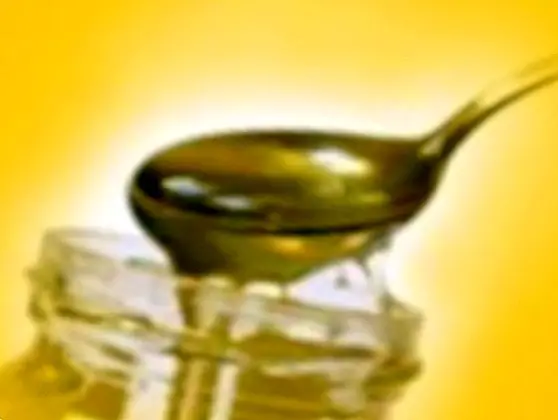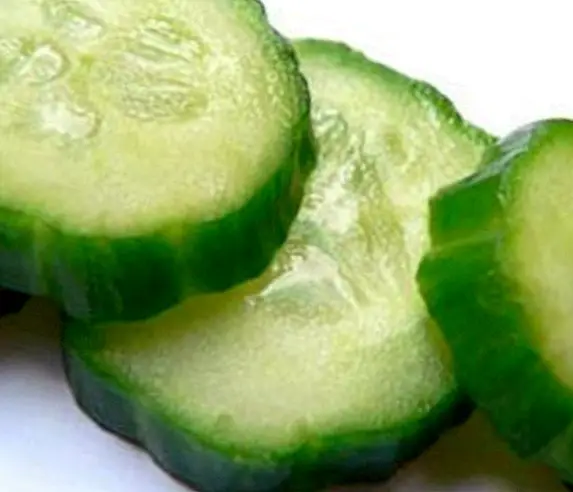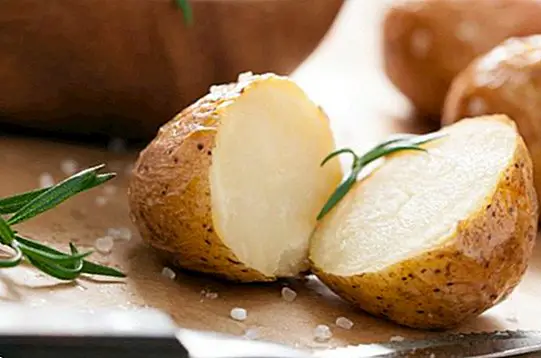Is it true that drinking water with food makes you fat and affects your digestion?
The Water It is simply fundamental to life. It represents, in fact, 70% of the composition of our body, and ultimately is very important and essential for the proper functioning of our body (and for our own health).
Why? It is essential for the process of natural cleansing of our body, helping us to eliminate toxins and cleanse the body, while it is useful to nourish our cells.

Within these myths around food or food products that may or may not be consumed during the follow-up of a weight loss diet, as we discussed in a previous article, one of the best known is whether the fruits get fat or not .
The only certain thing, as we discussed earlier, is that although there are fruits (such as bananas or grapes) that provide a greater number of calories than others (such as an apple or an orange), the truth is that they can be eat in smaller quantities to match those calories to those that would bring the lighter fruits.
However, if there is a myth popularly widespread in society, and yet is a real mistake, is whether drinking water in food makes you fat.
But, unfortunately, despite being a widespread myth, the truth is that many people believe it, so many avoid drinking water while eating because they believe that they will gain weight. What is true about that?.
Does drinking water in food make you fat?
Unlike how some people mistakenly believe, the truth is that drinking water in food does not make you fat. It's more, there is no evidence or scientific basis for it for something very simple and simple: water does not provide fats, carbohydrates or proteins.
This translates into something very simple: Water does not provide energy, mainly because it does not contain macronutrients. For this reason, it does not make you fat even if it is taken before, during or after meals.

Moreover, its qualities would be even contrary to what is thought, given that not only does it not make you fat, but that would help to gain less weight because it will bring us a satiating effect if we drink water during the meal, especially if we consume foods with a high fiber content.
The reason on this occasion is obvious: the fiber, when found in contact with water, surprisingly increases its volume, so that the feeling of fullness in our stomach will be much greater.
In fact, a study carried out by the American Chemical Society in Boston (United States), concluded that drinking water before meals helps to eat less during meals, since the participants in the study who took two glasses of water from 230 ml. before lunch they ate between 75 and 90 fewer calories.
Being a liquid without calories, or macronutrients and therefore without providing energy, our body is able to assimilate quickly to not have to process it, so we are now entering a new myth: slows down the process of digestion when consumed together with the food ?.

Does digestion slow down if we drink water together with meals?
The answer on this occasion should be equally categorical: drinking water with food does not affect digestion, neither slows it down, precisely because it does not contain nutrients the body tends to assimilate quickly, not having to process it as it would happen with other types of drinks (such as fruit juices, beer, soft drinks ...).
However, what some dietitians recommend is that, before each meal, a person who wants to lose weight take a good glass of water, because it causes a feeling of fullness. This avoids, therefore, consuming other foods. This article is published for informational purposes only. You can not and should not replace the consultation with a Nutritionist. We advise you to consult your trusted Nutritionist. ThemesWater


